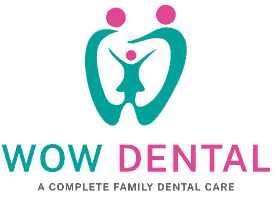What is Bad Breath?
Halitosis/Bad Breath is any disagreeable bad or unpleasant odor emanating from the mouth air and breath. It creates social and psychological disadvantages for individuals, and these situations affect individual’s relation with other people.
What are the causes of Halitosis/Bad Breath
Foods and beverages: What you eat and drink can cause bad breath. Foods are absorbed into your bloodstream and move to the lungs, affecting the air you exhale. Brushing or using mouthwash can briefly mask the odor. But halitosis lasts until the culprit is no longer in your body.
Dry Mouth: Saliva is needed to cleanse the mouth. If you don’t have enough of it, simply having a dry mouth can cause bad breath.
Poor dental hygiene: When you don’t thoroughly clean your teeth, gums, and tongue each day, bad breath may result from remaining bits of rotting food and the growth of bacteria in your mouth. Inflammation of the gums (Gingivitis) from poor dental hygiene can also cause bad breath.
Health problems: Sometimes bad breath can signal a larger health problem, such as:
- Sinus infection
- Chronic lung infection
- Liver or Kidney diseases
- Gastrointestinal problems
- Diabetes
How to Prevent and Treat Halitosis/Bad Breath
- Change what you eat and drink. Keep track of the foods you eat and try to:
- Avoid foods and beverages that cause bad breath.
- Eat more fruits and vegetables, and less meat.
- Drink more water.
- Suck on sugar-free mints if your mouth tends to get dry.
- Avoid tobacco use of any kind.
- Brush your teeth, gums, and tongue with fluoride toothpaste at least twice a day.
- Floss at least once a day.
- Rinse with an antiseptic mouthwash twice a day.
- If you wear dentures, remove them while you sleep. Brush and soak them during the night in a disinfecting solution.
- Clean braces and retainers as directed by your dentist.
- Regular dental visits –once in every 6 months.
